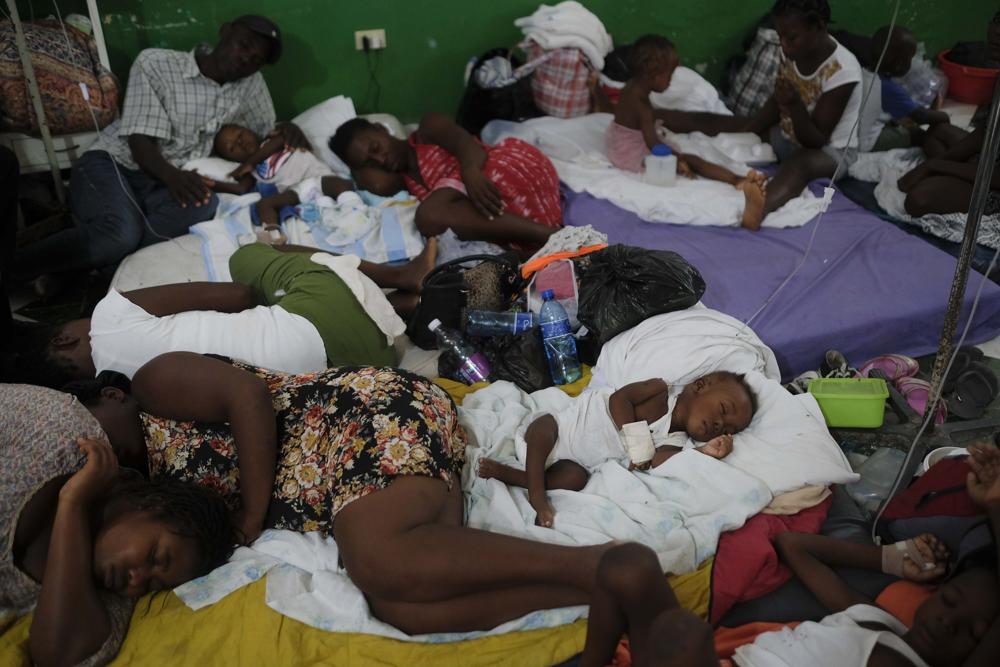Gender-based violence in Haiti feared to increase
In a desperate measure to survive the aftermath of the 7.2-magnitude earthquake that hit Haiti last month, the island’s residents could find themselves resorting to violence—especially with girls and women—a humanitarian organisation has warned.
In a press release, Save the Children has pointed out the situation for children in Les Cayes, which is “getting more desperate by the day.”
“Even before the earthquake, gender based violence was seen as one of the highest risks for girls and women in the southern province, with sexual exploitation prevalent in some parts and women afraid to go outside in the evening,” Save the Children said, adding that usually, when they end up becoming victims, the girls and women keep their silence, fearing retaliation or stigma from their community.
After the quake, thousands are still “sleeping outside and in dire need of food, clean water, shelter and mental health support.” There is shortage of electricity, and facilities like toilets and the ones for healthcare and medical attention.
“These circumstances could drive women and girls to resort to desperate measures such as succumbing to sexual exploitation or child labour to survive,” Save the Children said.
Save the Children is calling on the international community to ensure the humanitarian response to the earthquake is adequately funded, including the care of survivors of gender based violence, and to support the safe and unhindered access of aid organisations to the hardest hit communities.
Gangs take over Haiti
Meanwhile, in a separate Bloomberg report, several gangs have been struggling to fill in the void left by years of economic collapse and political turmoil that was exacerbated by the assassination of Haitian President Jovenel Moïse.
The power struggle of these gangs have paralyzed the most essential services in the island, such as healthcare.
Julien Bartoletti, Head of Doctors without Borders in Haiti, told Bloomberg that his organization was forced to close its 15-year-old hospital in Martissant this summer after it came under gang gunfire. At least three staff members have been kidnapped, one murdered and dozens are among the 20,000 Haitians who’ve fled due to gang threat.
“You have front lines, with gangs against gangs,” he said in an interview with the news outler. “In Martissant, you have an area with no people and destroyed houses. It’s empty.”
The gangs had kept the road shut for a long time, and was reopened after a kind of humanitarian truce so aid could get from Port-au-Prince to the southwest. “In Haiti, more than a failing state we have a non-existent state,” said Joseph Harold Pierre, an economist.
Pierre has also pointed out that these gang violence are largely the reason behind the $4.2 billion lost per year between 2016 and 2020. The activities have scared off foreign investors, caused fuel shortages that paralyzed parts of the country, and sent inflation soaring.
The number of gangs in the country have amounted to more than 90, according to the National Human Rights Defense Network. Rape and kidnapping are common.
Pierre Esperance, the group’s executive director, said gangs, a fixture since the 1990s, grew powerful and emboldened under successive administrations that undermined state controls.
“Haiti has regressed in terms of the rule of law, because all key state institutions were destroyed under the Moïse administration,” he said. “The police, the judicial system, all of them. We have no functioning institutions.”



